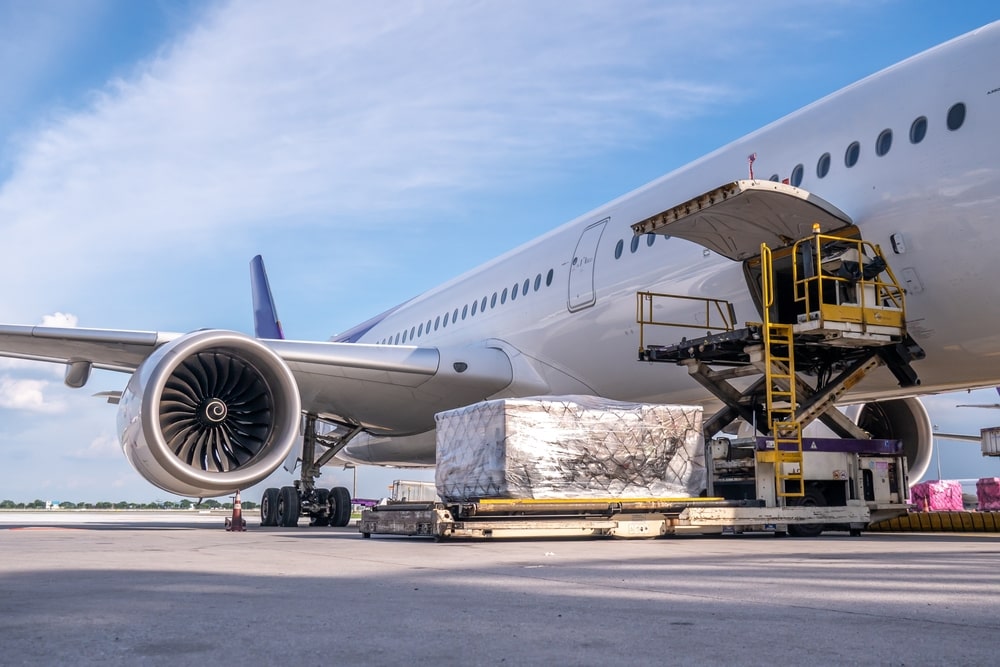
Low growth recorded for June attributed to uncertainty around US-enforced tariffs
Global air cargo demand grew by a modest 0.8% in June, a paltry figure that has been attributed to the widespread uncertainty around the US-enforced tariffs.
"The June air cargo data made it very clear that stability and predictability are essential supports for trade," said Willie Walsh, IATA's director general, speaking to the media.
"Emerging clarity on U.S. tariffs allows businesses greater confidence in planning. But we cannot overlook the fact that the ‘deals' being struck are resulting in significantly higher tariffs on goods imported into the U.S. than we had just a few months ago."
The monthly IATA analysis showed that the largest and most active route, the Asia-to-North America corridor remains the “most concerning”, dropping by 4.7% in June, marking a second consecutive month of growth contraction. This was an improvement from May’s figures, which was 10.7% drop, following the duty-free de minimis exception being closed to Chinese goods.
Carriers, such as UPS, have seen China-US volumes sink by 35% across May and June due to a brief rise in tariffs and the end of the de minimis trade provision.
The wider uncertainty around tariffs has also impacted shippers, who are increasingly unsure of how to plan their shipping schedules, given that original reciprocal tariffs on countries that had not struck a new trade with US had gone back into effect on 1st August. An example of this was India, who was hit with a 25% tariff on all goods, that is rising to 50%, due to India’s purchase of Russian oil.
Consequently, shippers have accelerated their deliveries to avoid the impact of tariffs, with fashion, consumer goods, technology and electronics items being shipped earlier in the year, as opposed to April and June, in order to ensure that they were in stock for the summer retail cycle.

Related Articles
Aviation
Aviation
Aviation